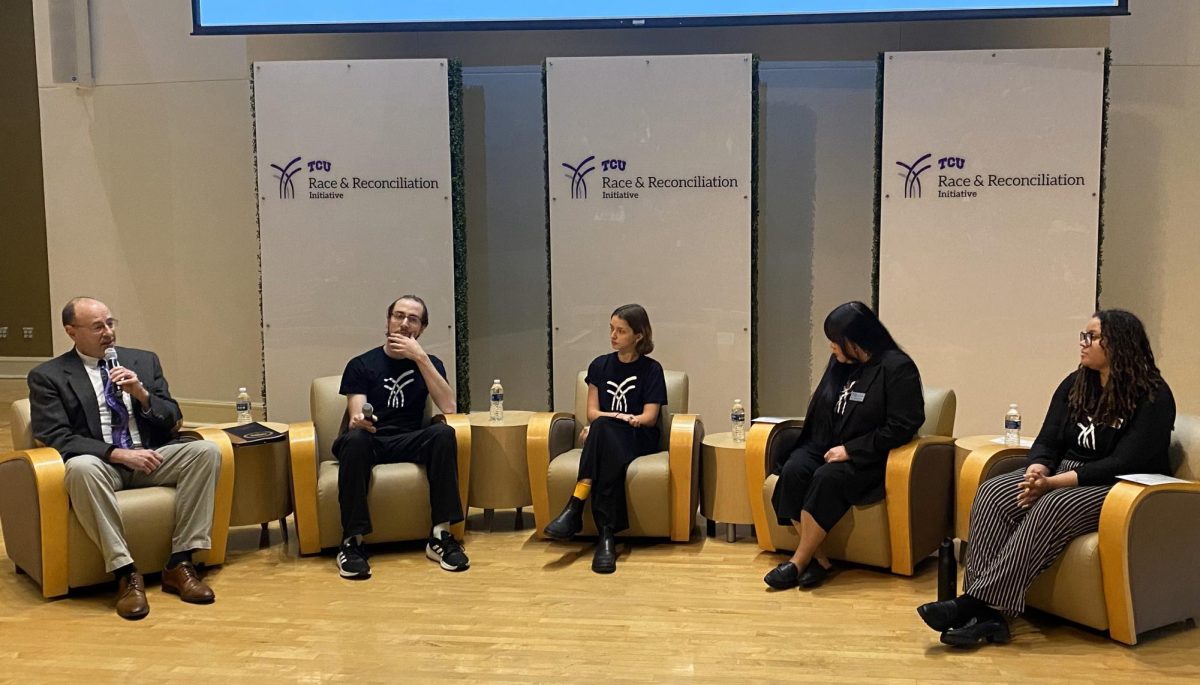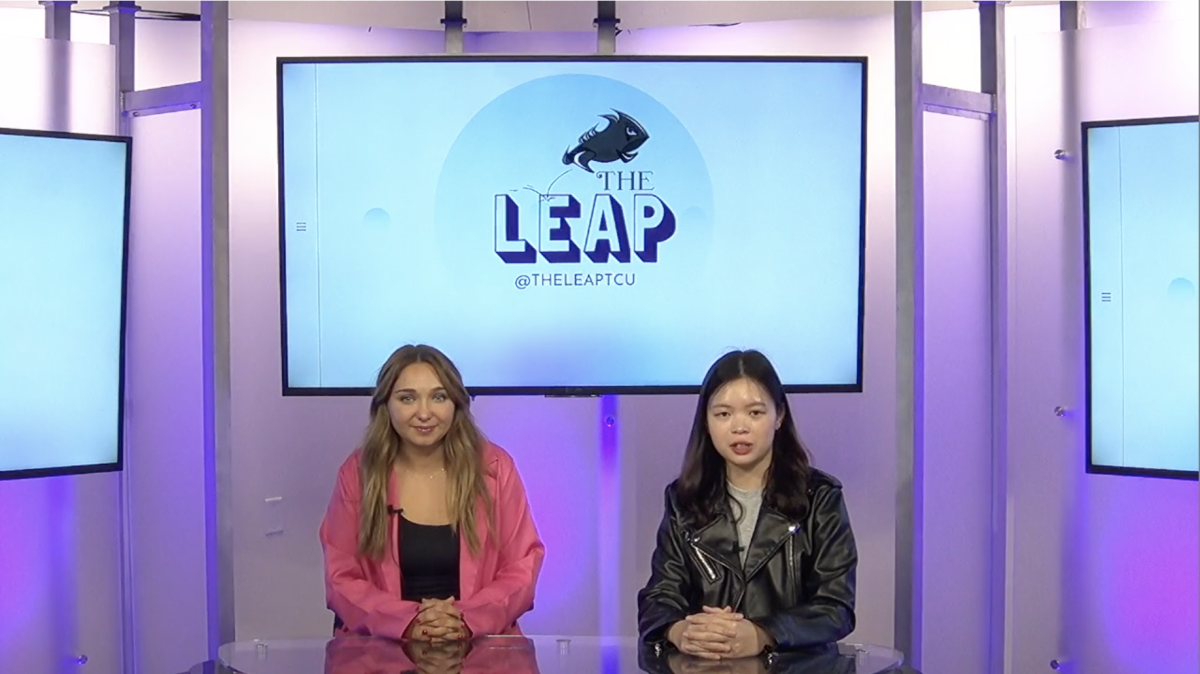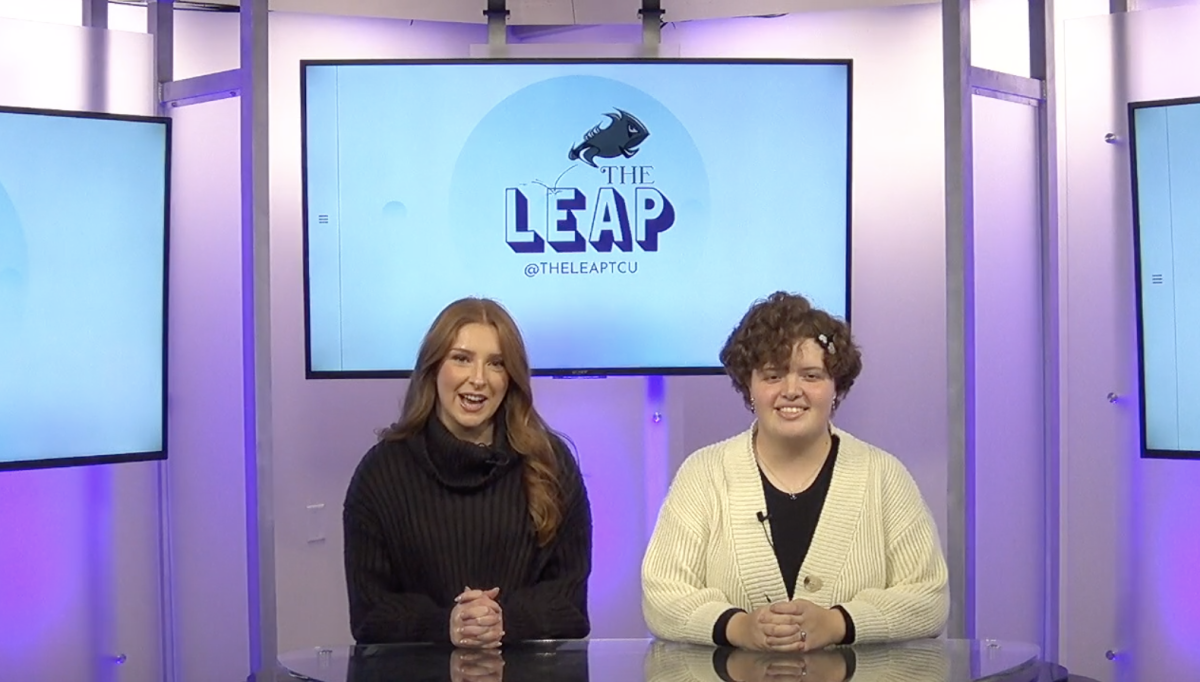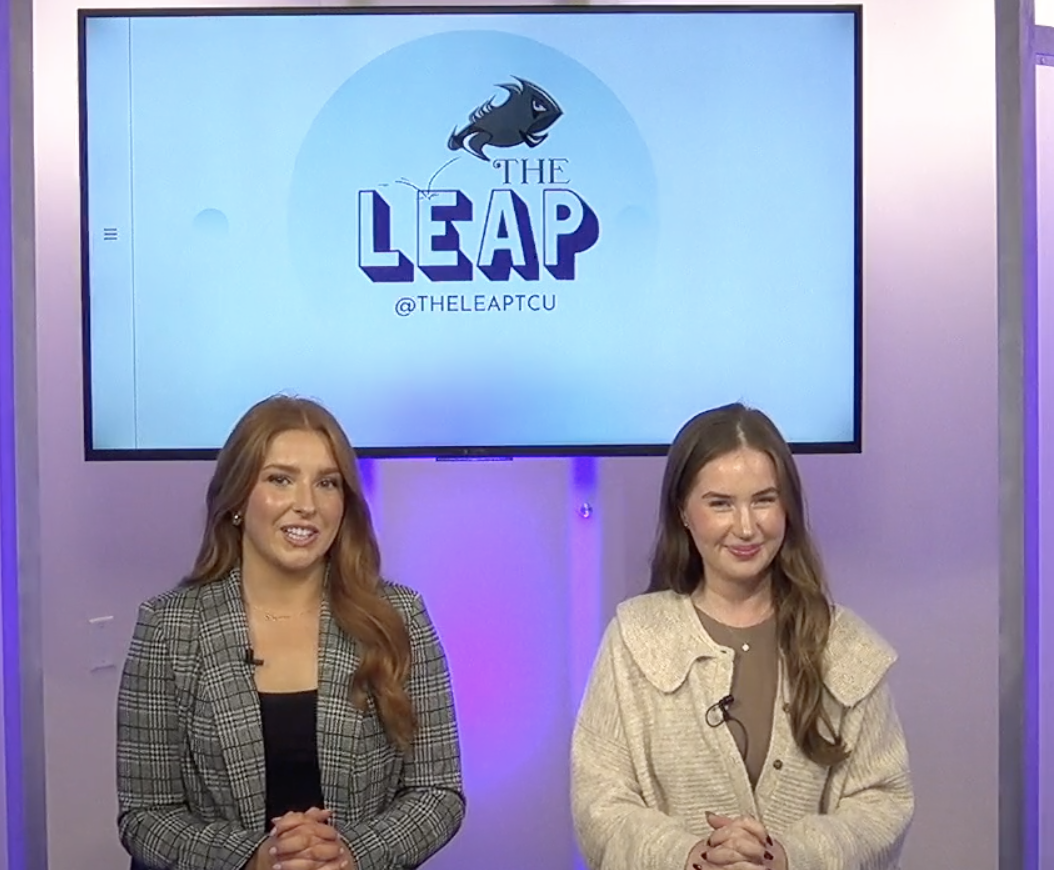The average college student will read this article as they walk to a class from a class or sit in a classroom. The class, if typical, involves other students participating in discussions, answering the professor’s questions, working in groups to complete a project or mocking the instructor’s bad toupee while he tries to work the projector.
The professor works in the classroom setting to lecture or direct discussions; provide visual and auditory stimuli pertinent to the material being taught; and to answer questions and clear up confusion about the day’s lesson.
This arrangement works well because, for most college students, this is the arrangement they experienced for the 12 to 13 years of formal schooling leading up to their enrollment at the university.
But would a student who grew up on an online education system experience the same success?
Full-time online education is a growing trend in the world of schooling. Companies such as K12, which oversees several online schools that offer students elementary through high school education, estimate a $15 billion market for its schools, according to a recent CNN article.
Parents are often attracted to programs like K12 because they offer greater flexibility, an easy commute or one-on-one help for a child behind in traditional school environments, according to the article.
What parents fail to consider, or choose to ignore, is that a complete education involves more than what one learns. Teachers, especially at the elementary level, are often secondary parents to children.
Fellow pupils give kids an opportunity to learn about socialization, basic principles such as sharing, and accepting others’ differences. In an online world, students are limited to impersonal work of the kind usually termed ‘busy work’ by students sitting in real classrooms. Discussions cannot be held, projects cannot be made and turned in and students cannot actively engage in the learning process as easily.
Furthermore, students who are learning online possibly are more vulnerable to distraction. Social media sites, videos and games are just a new tab and a click away. It becomes far easier to simply click over to Wikipedia or Google for the answer during a test or assignment. One’s surroundings, which include a TV, a kitchen full of food, a more attractive outdoors and so on decrease the likelihood of a student concentrating and really internalizing the lesson.
Online students who do not learn to work and socialize with others in a scholastic environment jeopardize a future at a traditional college and any type of legitimate job. These schools, which cannot compete with the social experience of traditional schools, fail to measure up academically.
Research surrounding the Agora Cyber Charter School, the most profitable of K12‘s online schools, revealed that most students who enroll in an online program drop out within a few months, according to a New York Times article. Students trail traditional students in reading and mathematics scores.
Teachers complain that students skip lessons, go straight to the required tests, and move on, according to the article. Tests and assignments can be retaken, often with no limit or penalty.
Students who fail to turn in a lesson receive an automatic 50 as opposed to a 0. If students have a failing average the program allows them to redo assignments with no consequences.
Therefore, online education should not be an option for those hoping to get a job requiring academic proficiency and those who are not physically constrained from attending a formal school setting.
Allana Wooley is a freshman anthropology and history double major from Marble Falls.






